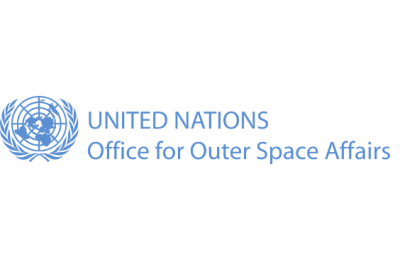Last year alone, natural disasters struck over 430 times around the globe, wreaking havoc on communities and their livelihoods. In total, these events affected 101.8 million people. More than 10,000 people lost their lives, while the economic damage surpassed $250 billion. Countries globally must become better prepared to deal with these situations by employing the newest solutions, including those enabled by space assets.
Space-based applications in the form of satellite navigation technologies and geospatial data are vital to informing disaster risk assessments and response efforts. Due to the growing importance of Earth Observation and satellite technologies to all States, especially developing countries, for their uses in disaster risk reduction, the “Space2030” Agenda aims to strengthen and promote the global use of space applications in climate observation and disaster risk assessment.
In response, the United Nations Office for Outer Space Affairs (UNOOSA), through its UN-SPIDER programme, and the Economic and Social Commission for Asia and the Pacific (ESCAP) will hold a workshop in Bangkok, Thailand from 7 to 9 December 2022. The workshop will be conducted in collaboration with the Ministry of Emergency Management of the People’s Republic of China, Asia Pacific Space Cooperation Organisation, the Geo-Informatics and Space Technology Development Agency (GISTDA) of Thailand and the Asian Institute of Technology (AIT). The workshop aims to provide a forum for disaster management communities and geospatial experts to explore the role of space-based information in identifying, assessing, and monitoring disaster risks. A focus will be on capacity-building elements for integrating space technology into long-term disaster risk management efforts. The sessions will also address the important utilisation of space-based technologies in achieving the Sustainable Development Goals.
Objectives of the workshop are:
- To better understand imperceptible and unknown risks with the help of space and allied technologies;
- To evaluate new risks posed by climate change and assess them with the use of space-based technologies;
- To demonstrate opportunities and recent advances in space-based technologies that can contribute to multi-hazard early warning; and
- To generate awareness amongst the disaster management community to use space-based tools for implementation of the Sendai Framework for Disaster Risk Reduction
Disaster managers, policymakers, technologists and providers of space technology solutions from governments, academia, research, non-government and the private sector are invited to attend the workshop.
More details about the workshop and the link to registration can be found here: https://www.un-spider.org/news-and-events/events/united-nations-workshop-space-based-technologies-disaster-risk-reduction

